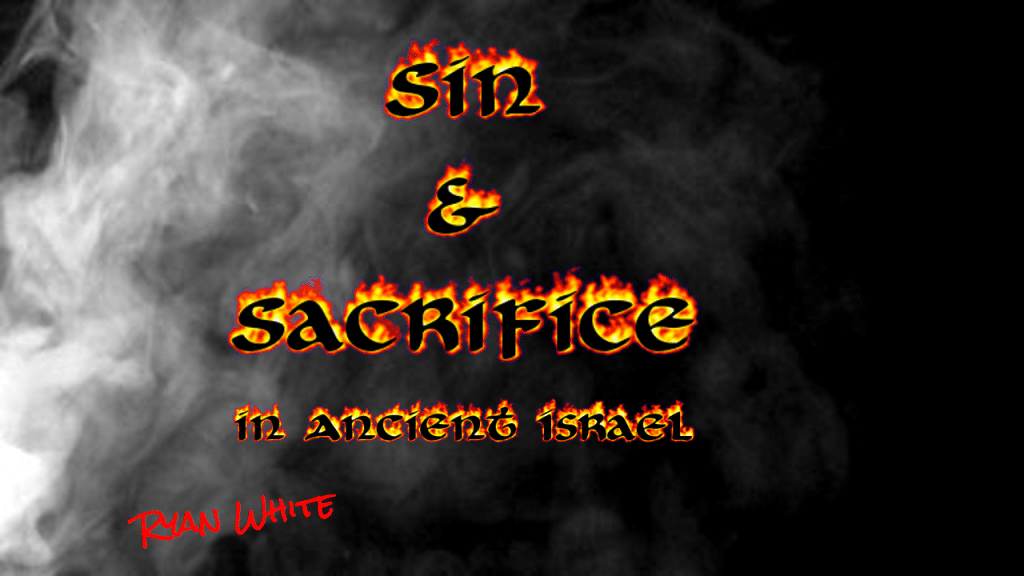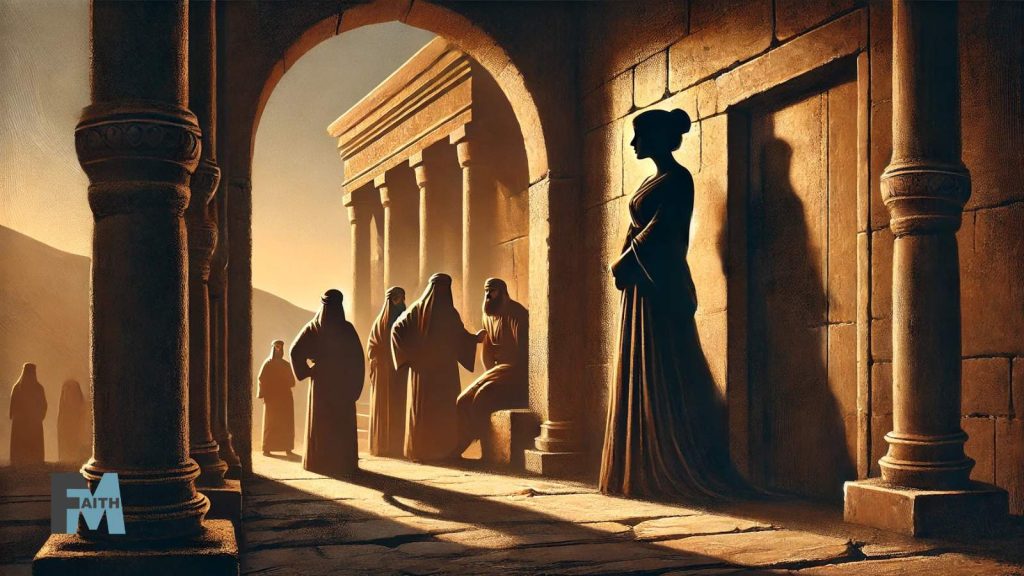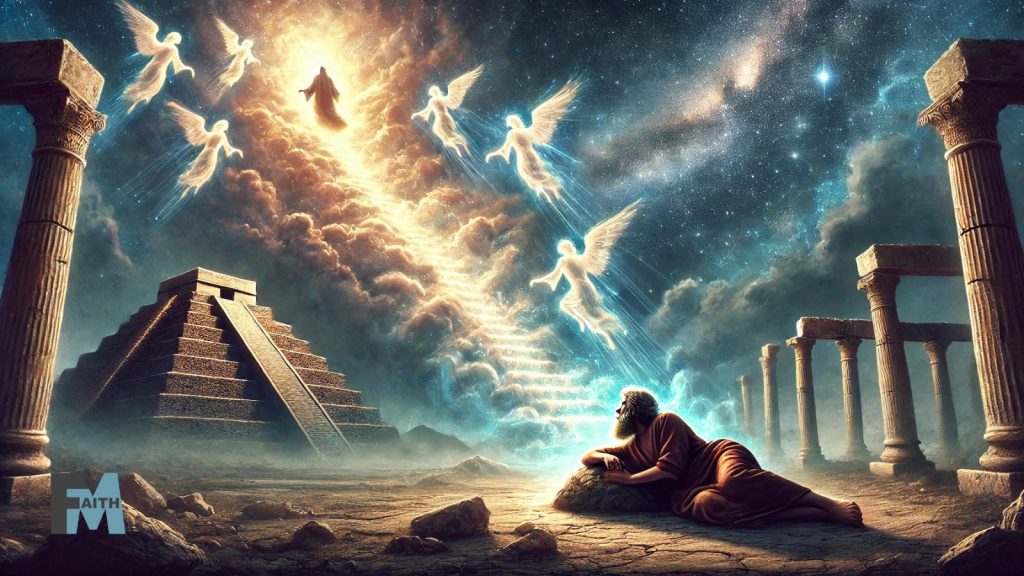In this five part series, we use research from the ancient Near East and the Hebrew language to show how the ancient Israelite receiving the Torah would have understood the purposes and functions of the sacrificial system as well as how sin and forgiveness were perceived. If you have ever felt that there was a much deeper meaning to animal sacrifices than we are traditionally taught or if you’ve ever wondered why Ezekiel prophecies of a restoration of the temple and sacrificial system upon Yeshua’s return, this series is for you. And by understanding these underlying principles, we will gain a better and fuller understanding of the atoning work of Messiah Yeshua.
- The Roadmap to Salvation
- Are we saved by grace or saved by works? If we are saved by grace, why do we have to keep the Torah?
- Sin & Forgiveness in Ancient Israel
- How was sin understood in Biblical times? Did you know that there are different levels of sin and that there are separate requirements for each?
- Yeshua Our Kinsman Redeemer
- We know that Yeshua died to redeem us and give us everlasting life, but have you ever wondered what gave him the LEGAL right to do so?
- Blood Manipulation in Ancient Israel
- Have you ever wondered why the blood was never put on the sinner when he/she is bringing a sacrifice? Why was the blood instead wiped on the altar?
- Animal Sacrifice in Ancient Israel
- In this final part, we will tie everything together and get into the core of what the sacrificial system was truly about.
YHWH spoke to Moses, saying, Speak to the people of Israel, saying: When anyone sins unintentionally in any of YHWH's commandments about things not to be done, and does any one of them: If it is the anointed priest who sins, thus bringing guilt on the people, he shall offer for the sin that he has committed a bull of the herd without blemish as a sin offering to YHWH.
Oops! You don't have access to this content!
You will need Silver level access to watch this teaching.
Alternatively, you can purchase this teaching on DVD or download via the Digital Download store.







That was awesome!! This teaching really helped many pieces fall into place for me. Thank you for following through your thoughts to conclusion and fully developing your teachings with out getting lost on rabbit trails. It took a little bit to get through some of the deeper concepts (stopping the video and looking up verses and taking tons of notes) but it was well worth the time investment. Thank you Ryan for a wonderful teaching.
Hi Ryan, I just began listening to Part 1 of Sin and Sacrifice and so far all your teachings have been informative. There’s one question I’d like to ask when you read from 1 Corinthians 10:1-11. At time-stamp 53:06 you read verse 9, “Neither let us try Messiah as some of them also tried.” Thanks to your teachings, you remind me of how context within the scriptures is very important. I believe what Paul had written was reminding us of the days that the people were constantly testing Jehovah, it seems to fit in these 11 verses you shared. Even though the next best thing we have during the 1st Century is the Septuagint, is it possible that may be about 237 places in the Greek Scriptures should position our Father’s name? I asked almost the same question to Michael Rood and here is what he shared: http://youtu.be/q1fhToM2rw8
It’s easy to know LORD was Jehovah in the Hebrew Scriptures since our Father did not exactly give us a name of the One that he mentioned several times other than with nouns and titles; cloud, rock-mass, angel, the figure of a man, Eternal Father, Prince of Peace, to name a few. But in the Greek Scriptures, can you agree that we need to insert the proper names of which Lord, Theos, Theon, Kyrios, Kyrion, LORD we are reading in all our Bibles so that we know which one Paul and the Apostles are referring to? I hope I’ve explain myself well enough to meet you half way with a reply. Thank you for all your time and effort sharing what Jehovah has blessed you with.
Hi Pamela,
I understand what you are asking is should 1 Cor 10:9 be rendered “Neither let us try YHVH as some of them also tried”. The Greek text reads Christon in verse 9 so unless we find an earlier Greek manuscript that instead uses Kurios in this verse, it would appear that Paul intends the reader to understand as Messiah in this verse. In the context of the chapter, Paul appears to be encouraging the believers in Corinth to remain loyal to Messiah Yeshua and thus perhaps it would be better to render this particular verse, “Neither let us try Messiah, as some of them did (try YHWH), and were destroyed”.
Does that answer your question?
Hi Ryan, It makes perfectly good sense to insert Messiah in this verse, I understand your reasoning, very good. I like the way you inserted our Father to extend more of Paul’s examples to the Corinthians. Thank you for the challenge in pursuing what Paul is specifically sharing with the Corinthians and for us. I don’t possess all the books you have nor study enthusiastically, that’s why I appreciate brothers like you, Rico, Daniel and others that have the desire to share your insight via the Internet. I found this link while searching for earlier Greek manuscripts http://biblehub.com/multi/1_corinthians/10-9.htm. I received a “B” in high school in English class 40 years ago. I can still recall what a verb, noun and what adjectives are, a little wobbly on pronouns to have it correlate with verses 7-10. Do you think its possibly going beyond adding, subtracting, and compromising what Paul is trying to convey? I’m just one of many “fish in the sea”, seeking logic that is not burdening (1 Cor 10:13). If we understand what context is, thanks to you and others, and when we find “as it is written” and “they were written” which Paul spoke in verses 7 and 11 respectively, and Yeshua who said “it is written” several times in the Gospels, should we just let it go with the flow of the Hebrew Scriptures? If your time permits, please reply. I look forward to meeting you in Orlando in January!
I checked out the link. It looks like according to the Nestle-Aland 27 that some of the manuscripts actually do have ‘kurios’ (kurion) instead of ‘christos’. I don’t have a copy of the NA27 on me so I’m not sure which manuscript variations are earlier, so it does look like there is a chance that Paul originally intended to speak of not trying YHWH. If we understand Kingdom hierarchy, we understand that “trying” Yeshua is the same as trying the Father because Yeshua is commissioned as our superior by the Father.
It’s definitely difficult to really say for certain what title Paul used in this passage. I believe that either way though leads to the same meaning ultimately. Perhaps we can look into it more in Orlando, I’m definitely looking forward to that conference!